The aim of this study was to investigate public knowledge and perceptions of both the COVID-19 pandemic itself and COVID-19 vaccine acceptance among adults (aged…
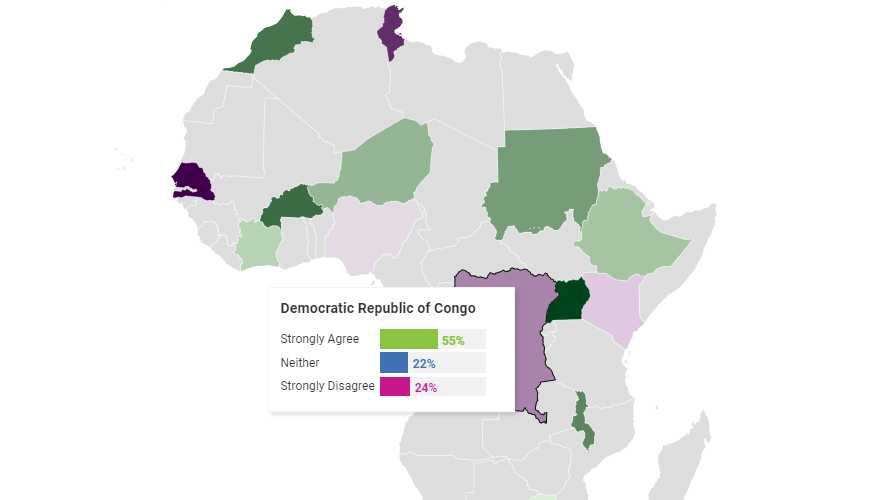

The aim of this study was to investigate public knowledge and perceptions of both the COVID-19 pandemic itself and COVID-19 vaccine acceptance among adults (aged…

The aim of this study is to investigate public knowledge and perceptions of both the COVID-19 pandemic itself and COVID-19 vaccine acceptance among adults (aged 18 years and above) in 15 African countries.
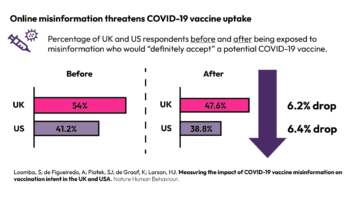
To inform successful vaccination campaigns, we conducted a randomized controlled trial in the UK and…
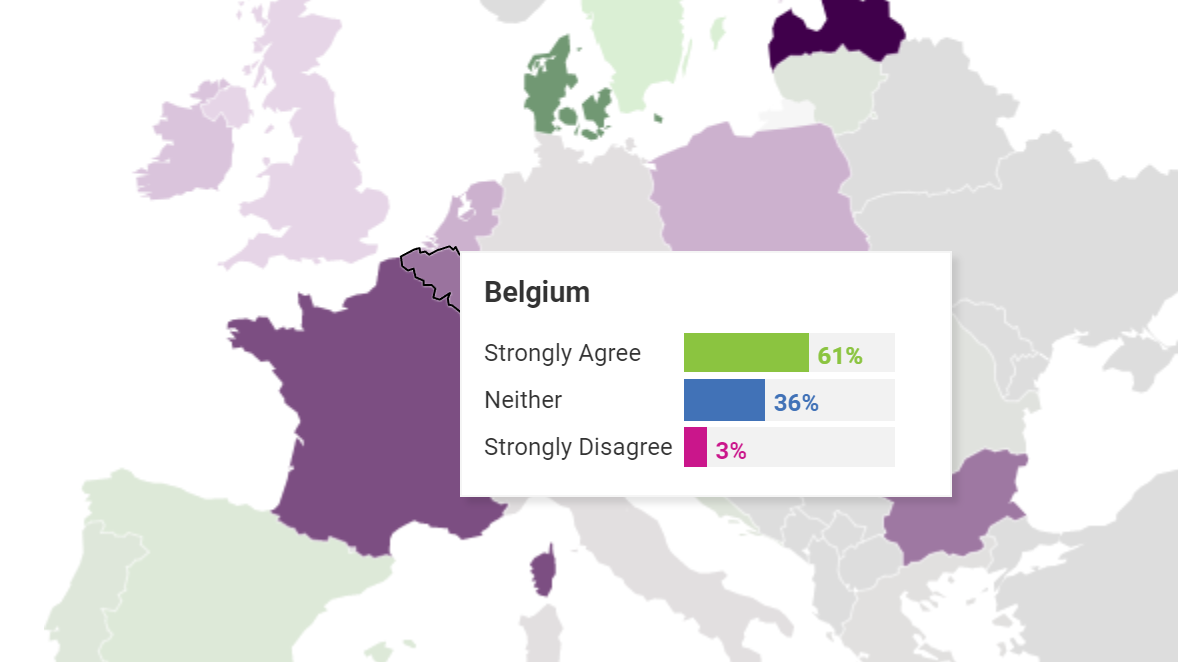
Our 2020 study investigated public perceptions towards the importance, safety, and effectiveness of vaccines as well as the perceptions towards the safety…
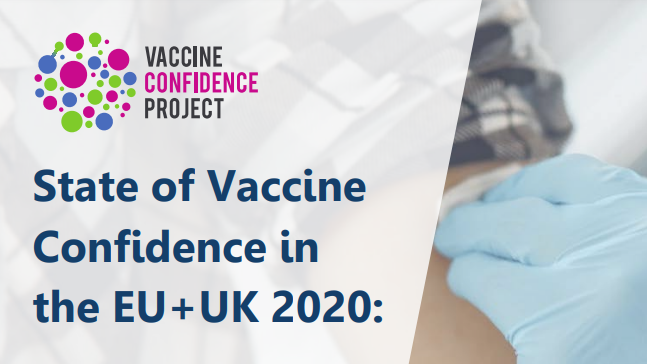
Read the 2020 instalment of the VCPs bi-annual research report “The State of Vaccine Confidence in the EU & UK,” which monitors public attitudes to vaccines across the continent.
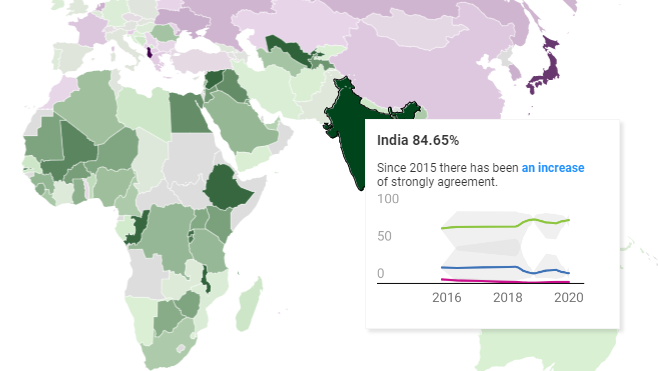
In this large-scale retrospective data-driven analysis, we examined global trends in vaccine confidence using data from 290 surveys.

In this large-scale retrospective data-driven analysis, we examined global trends in vaccine…
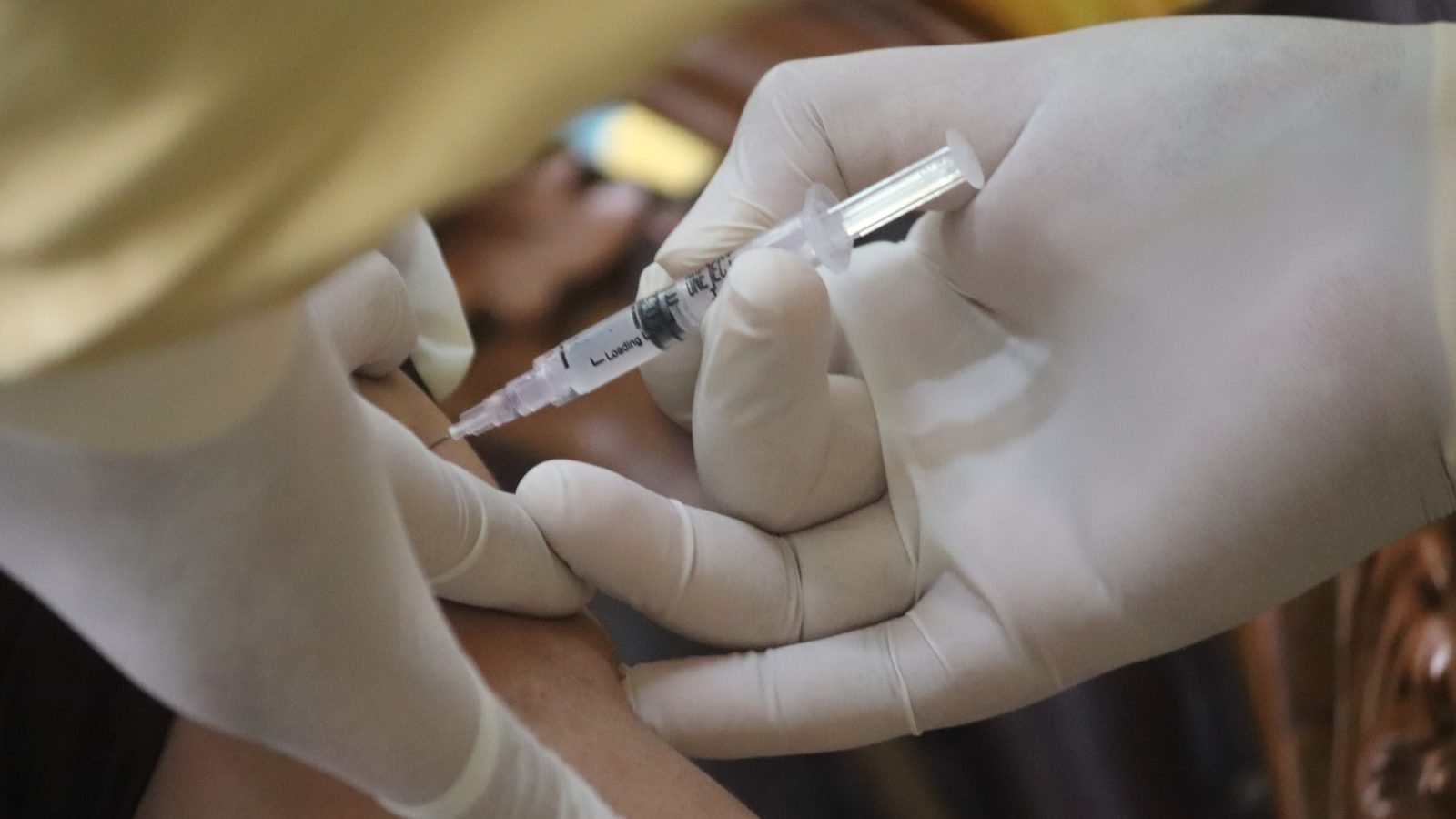
Parents’ reluctance to vaccinate their children undermines the effectiveness of vaccination programmes in Western Europe. There is anecdotal evidence suggesting a connection between the rise of political populism and vaccine hesitancy.
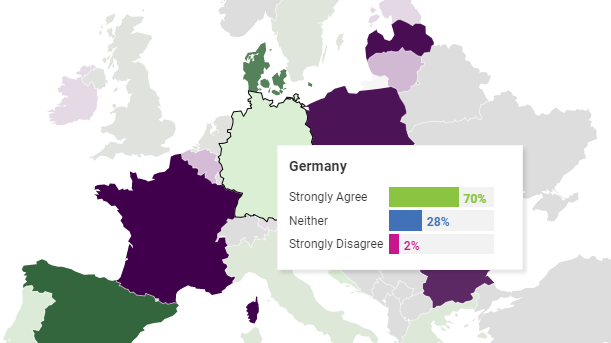
In this study we assessed the overall state of confidence in vaccines among the public in all 27 EU member states.
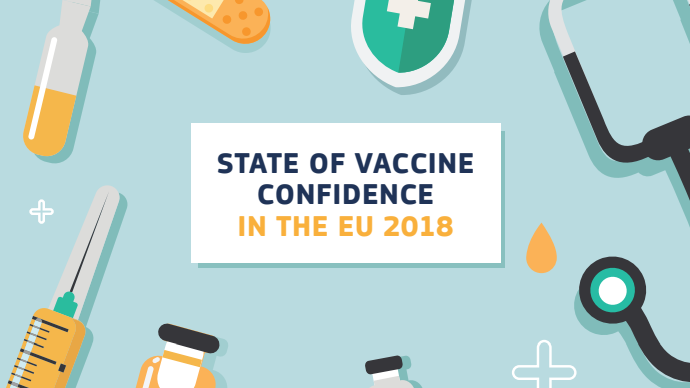
In this first instalment of the VCPs bi-annual “State of Vaccine Confidence in the EU” report, we found public perceptions towards vaccines are largely positive.

In November 2017, it was announced that the new dengue vaccine (“Dengvaxia”) had risks…
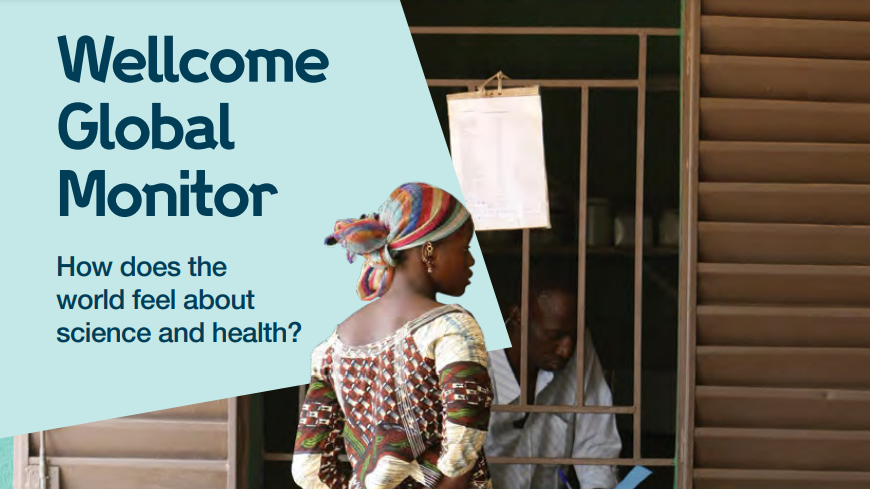
The central importance of vaccines to global health is why we devoted a question series in the Wellcome Global Monitor to understanding people’s attitudes towards vaccines around the world. The Monitor found that globally, eight in ten people (79%) somewhat or strongly agree that vaccines are safe, while 7% somewhat or strongly disagree.